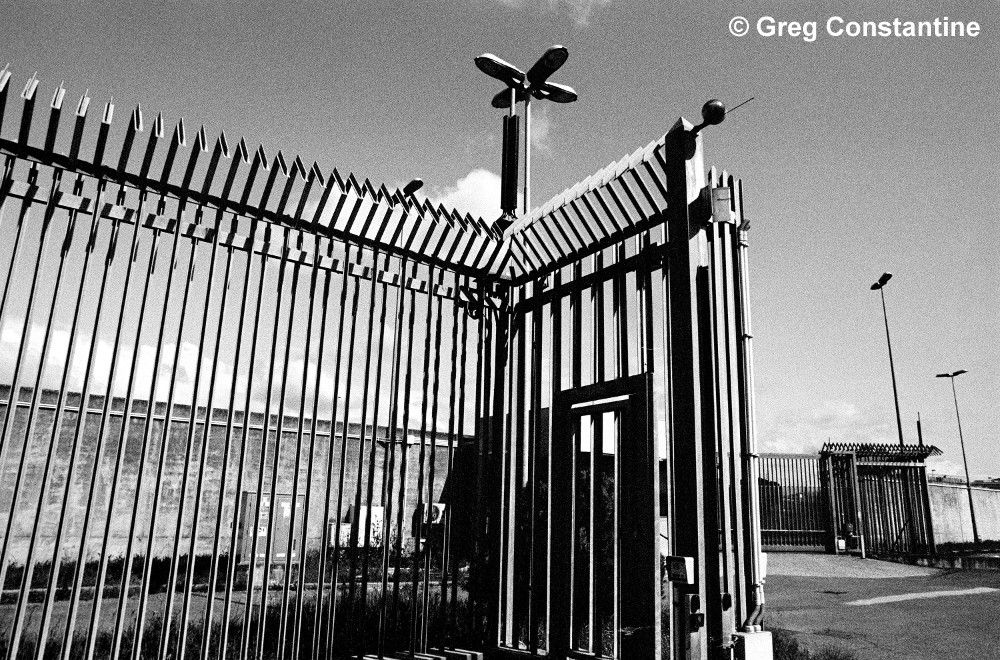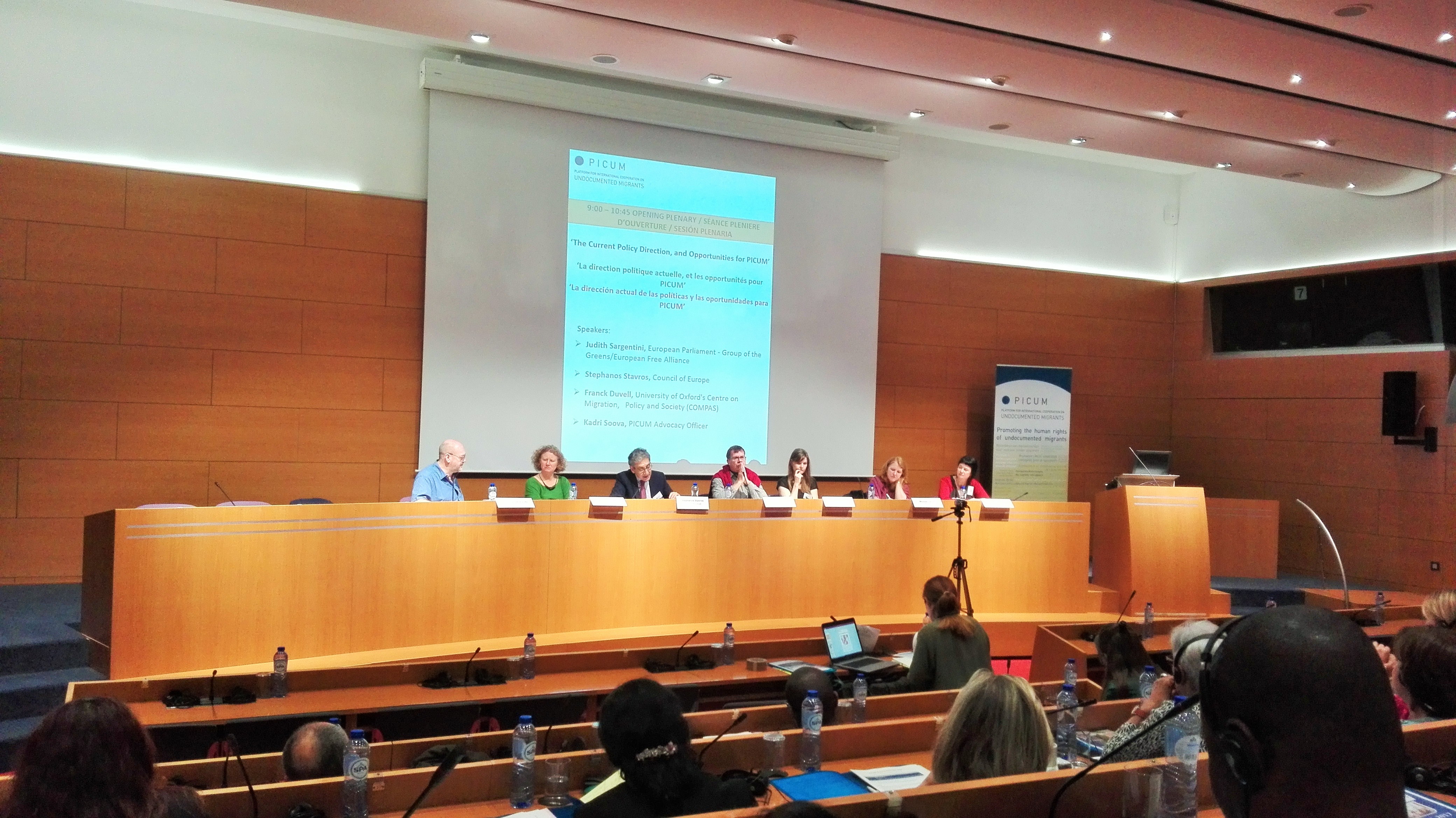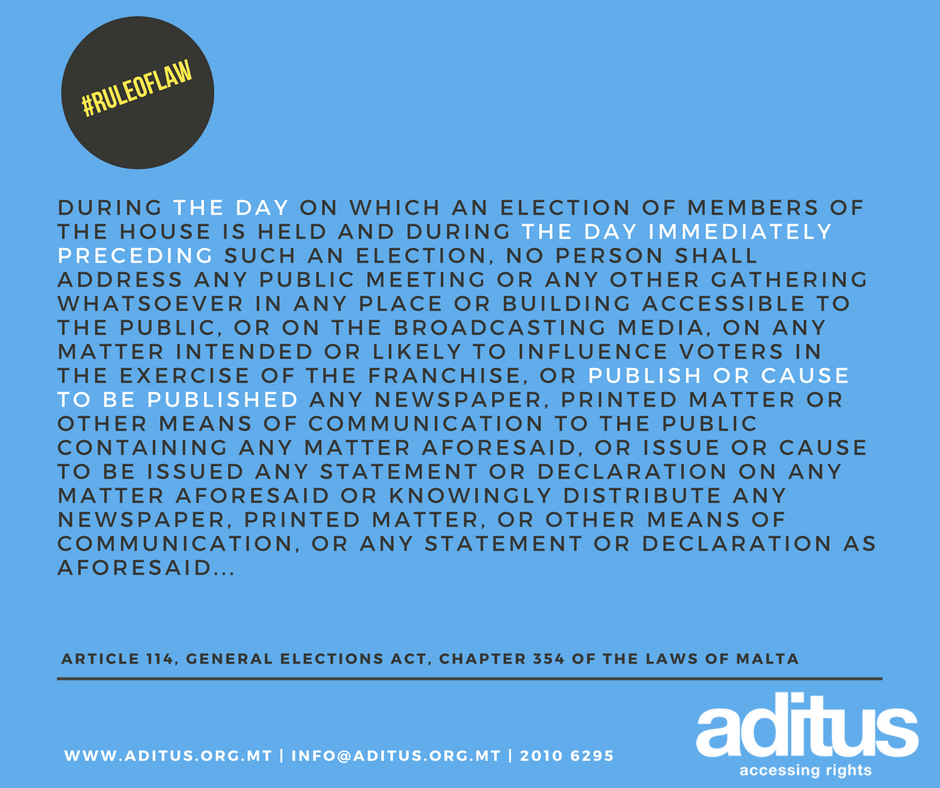
We, the undersigned 53 organizations, welcome the increased attention of the Council of Europe towards the protection of the human rights of migrants impacted by immigration detention, including the current draft process to develop European Rules on the Conditions for the Administrative Detention of Migrants.
We write to express our collective concern that a fundamentally different approach is needed if the draft codifying instrument is to truly reflect the minimum human rights standards to which migrants are entitled.
Existing international law obligations are clear that administrative detention must always be an exceptional measure of last resort, and even then, only when strictly lawful, necessary and proportionate to a legitimate State aim. Detention for the purposes of immigration control is a particularly worrying trend among European States as it is growing rapidly despite not being essential to the proper functioning of well-managed migration systems.
The increasing reliance upon immigration detention, therefore, brings into question a number of long-standing and fundamental human rights norms.
The codification of European Rules on the Conditions for the Administrative Detention of Migrants can play an important role in reinforcing these fundamental norms, but only if they truly and properly distinguish immigration detention from criminal and other administrative detention regimes.
Unlike other forms of detention, migrant detainees are neither suspected of, nor charged with, criminal offences, and their mere presence in Council of Europe member States represents no threat to public health, safety or security.
United Nations experts and human rights treaty bodies have consistently held that migration is not a crime per se and should never be criminalized or subject to other punitive measures.
For this reason, the links in the draft codifying instrument to existing criminal detention standards, such as the European Prison Rules (EPR), are highly concerning. In some cases, the draft rules seem to provide even lower standards than existing prison rules. Such links–even by analogy–work to reinforce the false and negative stereotypes that migrants are “illegal”, inclined to criminality, or represent a threat to public order or national security.
They are also a frequent justification for the perceived need for increased immigration detention, despite having no factual basis.
The references to existing criminal detention standards in the draft codifying instrument are responsible for many of the substantive shortcomings of the document, such as:
- the detention of children, pregnant women, the elderly, persons with disabilities, victims of trafficking, and other migrants in situations of particular vulnerability;
- understanding of immigration detention as a prison-like environment with limitations on visitation rights or confiscation of personal belongings;
- concept of order and security with the use of force and physical restraints and solitary confinement, including as a sanction.
It is our position that such practices are inappropriate for the purposes of administrative immigration detention. Migration regimes, at their core, are about ensuring that people are aware of, and able to comply with, fair and humane migration procedures. Prison-like regimes have no place in such systems.
For migrants in particularly vulnerable situations, the use of detention should never be contemplated. Such individuals deserve appropriate care and support measures to assist them in complying with migration rules, but never the use of detention.
For migrants who are not in a situation of particular vulnerability, the decision to detain must be carefully circumscribed and based on an individual assessment so as to avoid the overbroad and arbitrary application of detention measures. Detention must only ever be an exceptional measure of last resort, and only after the effective exploration of alternative measures to detention have been applied.
Even in such carefully circumscribed situations of detention, it is nonetheless difficult to imagine why a regime that is fundamentally concerned with compliance with administrative migration procedures should ever contemplate the use of force or solitary confinement, for example. Such provisions are indicative of the draft codifying instrument’s fundamentally flawed starting point.
Rather than relying upon minimum criminal detention standards that are not appropriate for administrative immigration detention, we encourage the CDCJ to take a new approach–counting on the close cooperation and support of the undersigned civil society organisations–by taking action to address the following five priority areas:
- Envision a fundamentally different regime
We need a fundamentally different way of conceptualising what detention conditions are appropriate in the administrative immigration context. As migration is not a crime per se, traditional criminal detention regimes, which take into account legitimate public safety and security concerns, are not suited for the administrative detention of migrants. Similarly ill-suited are other administrative detention regimes, which may take into account legitimate concerns around self-harm and mental health, for example.
Traditional detention standards from these contexts therefore fail to correspond to legitimate State aims in the context of migration management–namely to ensure compliance with administrative immigration procedures.
As such, the body of international norms that establish the minimum standards for detention conditions in criminal law or other administrative detention regimes are fundamentally different in purpose than the appropriate norms in related immigration settings, and the CDCJ should actively ensure that they are fundamentally different in effect as well.
The close similarities between the current draft instrument and criminal detention standards, in particular, hinder the process of defining the adequate regime that effectively protects migrants’ human rights in the context of administrative detention.
For example, the current draft’s contemplation of the use of police stations and prisons is fundamentally incompatible with suitable administrative detention conditions for migrants.
We therefore call on the CDCJ to review the scope of application of the Rules to avoid legitimizing the use of unsuitable places of detention by States. Norms based on existing human rights standards for migrants and on general principles of care and protection–not punishment or mitigation of threat–should be the driving rationale behind this current codifying exercise.
- Reinforce a broader set of fundamental human rights
Beyond the right to liberty and protections against torture and other ill-treatment, migrants have fundamental human rights that ensure their safety, dignity and humanity and require heightened duties of care in the context of administrative immigration detention. The right to liberty and the prohibition on torture are rights applying to all persons, regardless of immigration status or nationality. They are rightly highlighted among the “basic principles” underwriting the draft codifying instrument.
However, States would fail to comply with the full scope of their obligations to protect migrants in administrative detention if their sole actions are to refrain from arbitrarily detaining and/or subjecting persons to torture or ill-treatment.
Equally fundamental in this context are the right of every person to basic dignity and humanity, as well as the heightened duties of safety and care to which individuals in particularly vulnerable situations are entitled. In order to uphold migrants’ dignity and humanity, additional legal safeguards are also critical, such as access to a lawyer from the outset of the migration procedure, the right to appeal or review the detention order, the assistance of an interpreter and to have information provided in a language the migrant understands.
These additional rights should be further promoted and reinforced within the draft codifying instrument. Doing so will help to re-frame the exercise from one in which standards are put in place to merely avoid serious harms or abuses; to one that provides guidance to States on how to properly ensure the safety, dignity and humanity of all migrants within places of administrative immigration detention.
- Clarify that administrative immigration detention is never acceptable for migrants in situations of particular vulnerability
Migrants in situations of particular vulnerability should never be detained for reasons of administrative immigration enforcement. Such detention is not necessary, poses serious risks of torture and ill-treatment, and is inconsistent with international legal obligations prohibiting arbitrary detention.
The current draft codifying instrument implicitly condones the immigration detention of a range of migrants in situations of particular vulnerability including migrant children, families, pregnant women and nursing mothers, persons with disabilities, elderly persons, stateless persons, asylum seekers, persons discriminated against on the grounds of their sexual orientation and gender identity, and victims of trafficking, torture, trauma or other abuse.
Detention merely for the purposes of administrative immigration enforcement is never a measure that can appropriately protect these individuals from serious harms of torture or ill-treatment, and will often be arbitrary given the abundance of alternative measures to detention.
Rather than adopting rules for the detention of persons in situations of vulnerability, the CDCJ should insist on their referral to protection systems and on their accommodation in care and protection-based alternatives to detention. Additionally, the CDCJ should encourage States to assess such situations of vulnerability prior to ordering detention, so that their detention can be avoided.
Finally, the CDCJ should insist more strongly that States have an obligation to monitor the evolution of vulnerability factors within detention so that persons identified as being in situations of vulnerability can be immediately released.
- Call for the priority application of alternative measures to detention
A critical safeguard for avoiding arbitrary detention in the context of administrative immigration enforcement is the robust application of alternative measures to detention. Like the right to procedural safeguards or the requirement that detention have a legitimate purpose, the obligation to pursue alternative measures to detention is a critical component of non-arbitrariness.
Any detention must be strictly necessary and proportionate to a legitimate purpose in each individual case, requiring the application of alternative measures prior to any use of detention.
However, such alternative measures remain underused and underexplored in the immigration context. A wide range of community-based alternatives to detention exist, such as partnerships with NGOs to provide specialized assistance, information, legal provision and case management, that make the use of immigration-related detention unnecessary. These models have achieved high levels of compliance with immigration procedures, while ensuring the rights, dignity and wellbeing of migrants.
The CDCJ should further emphasize States’ obligation to give priority consideration to the application of alternative measures to detention before resorting to any administrative immigration-related detention. This could be achieved, for example, by making more explicit reference to, and aligning approaches with, the current work of the CDDH-MIG to elaborate an Analysis of the Legal and Practical Aspects of Effective Alternatives to Detention in the Context of Migration, as well as by drawing upon the expertise of national, regional, and international experts on the effective implementation of alternatives to immigration detention, such as the International Detention Coalition (IDC), or the European Alternatives to Detention Network.
- Strengthen safeguards regarding access to and monitoring of places of immigration detention
Regular access to and monitoring of places of immigration detention by independent bodies is a critical safeguard against arbitrary detention and ill-treatment. Risks of human rights violations, including torture or ill-treatment increase when the conditions and treatment of persons held in immigration detention are not regularly and independently monitored. Depending on their mandate and purpose of monitoring, various institutions at national, regional and international levels may carry out immigration detention monitoring.
With a mandate established under the UN Optional Protocol to the Convention against Torture, National Preventive Mechanisms are in a unique position to monitor places of immigration detention and prevent human rights violations.
In addition to recognizing the importance of monitoring bodies’ unrestricted access to all places of immigration detention, the draft instrument should also strengthen the guarantees of confidential and free communication with migrants as well as protection against the risk of reprisals suffered by migrants or any other person who engaged with monitors.
The CDCJ should take steps to strengthen these protections by reference to, among other things, the guidance provided by UNHCR, the Association for the Prevention of Torture, and the International Detention Coalition on monitoring places of immigration detention.
Signed by:
- aditus foundation
- AITIMA
- Amnesty International
- Association For Legal Intervention
- Association for the Prevention of Torture (APT)
- Austrian Women’s Shelter Network (AÖF)
- Churches’ Commission for Migrants in Europe (CCME)
- Child Rights International Network (CRIN)
- Detention Action UK
- Defence for Children International – International Secretariat
- Defence for Children International – Belgium
- Defence for Children International – Czechia
- Defence for Children International – the Netherlands
- Destination Unknown Campaign
- Dutch Council for Refugees
- Eurochild
- European Network of Migrant Women (ENOMW)
- European Network on Statelessness (ENS)
- Estonian Human Rights Centre
- Flemish Refugee Action
- Forum for Human Rights
- Future Worlds Center Cyprus
- Global Campaign to End Child Immigration Detention
- Greek Council for Refugees
- Helsinki Foundation for Human Rights
- Hungarian Helsinki Committee
- Immigrant Council of Ireland
- Institute for Statelessness and Inclusion (ISI)
- International Child Development Initiatives (ICDI)
- International Detention Coalition (IDC)
- Italian Coalition for Civil Liberties and Rights (CILD)
- Jesuit Refugee Service Europe
- KISA Cyprus
- Koperazzjoni Internazzjonali (Kopin)
- Ludwig Boltzmann Institute of Human Rights
- Médecins du monde
- Médecins du monde Netherlands / Dokters van de Wereld
- Mental Health Europe
- Missing Children Europe
- Nasc, the Irish Immigrant Support Centre
- Norwegian Organisation for Asylum Seekers (NOAS)
- Organization for Aid to Refugees (OPU)
- Platform for International Cooperation on Undocumented Migrants (PICUM)
- Plate-forme Mineurs en exil – Platform Kinderen op de vlucht – Platform Minors in exile
- PRAKSIS
- Red Acoge
- Refugee Rights Turkey
- Separated Children in Europe Programme (SCEP)
- SolidarityNow
- Terre des Hommes
- The Kosova Rehabilitation Centre for Torture Victims
- The Salvation Army – EU Affairs Office
- Women Against Violence Europe (WAVE)



